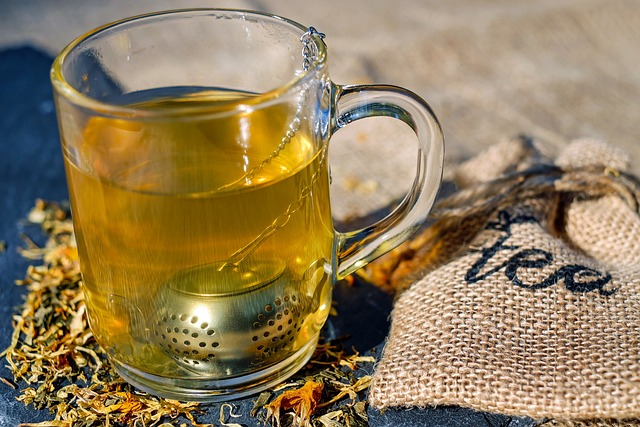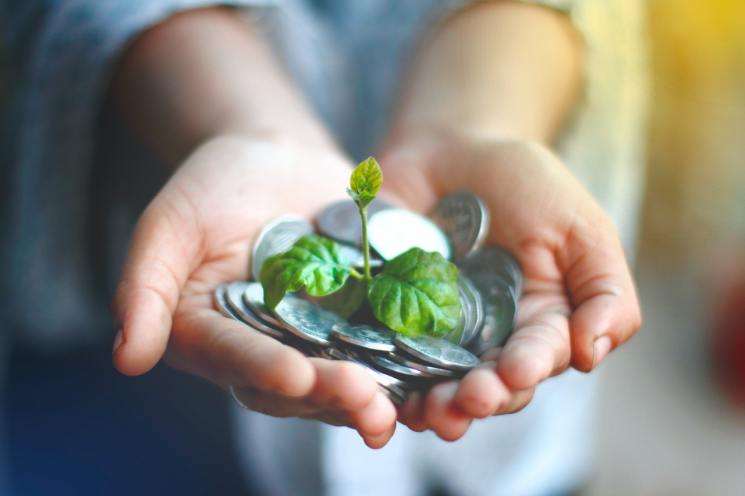Unveiling the Potential of GABA Tea: A Natural Pathway to Calm and Focus
The world of wellness is abuzz with a new player in the realm of relaxation beverages. Have you ever wondered if there's a natural alternative to help you unwind without the jitters of caffeine? Enter GABA tea, a fascinating fusion of ancient tea-making techniques and modern neuroscience. This innovative brew is making waves for its potential to promote tranquility and mental clarity. But what exactly is GABA tea, and could it be the key to unlocking a more balanced state of mind?

Unlike conventional teas, GABA tea undergoes a carefully controlled fermentation process that can last anywhere from 6 to 10 hours. During this time, the leaves are deprived of oxygen and exposed to nitrogen gas. This anaerobic environment stimulates the tea leaves to produce GABA as a stress response, effectively transforming the chemical composition of the tea. The result is a brew that retains the pleasant flavors of tea while offering a unique neurochemical profile.
Understanding GABA’s Role in the Body
GABA is a crucial neurotransmitter in the central nervous system, often described as nature’s “chill pill.” It acts as an inhibitory messenger, reducing neuronal excitability throughout the nervous system. In simpler terms, GABA helps to calm overactive neural circuits, promoting relaxation and reducing anxiety. This neurotransmitter plays a vital role in regulating mood, sleep, and cognitive function.
Research has shown that low levels of GABA in the brain are associated with various neurological and psychological conditions, including anxiety disorders, insomnia, and depression. While the body naturally produces GABA, factors such as stress, poor diet, and certain medications can deplete its levels. This is where GABA tea enters the picture, offering a potential natural means to support the body’s GABA levels through dietary intake.
The Science Behind GABA Tea’s Benefits
The potential benefits of GABA tea are rooted in its ability to deliver a bioavailable form of GABA to the body. While skeptics initially questioned whether orally consumed GABA could cross the blood-brain barrier, recent studies have shown promising results. A 2018 study published in the Journal of Functional Foods found that consuming GABA-enriched tea led to significant improvements in sleep quality and reduced stress markers in participants.
Moreover, research conducted at the University of Shizuoka in Japan demonstrated that GABA tea consumption could positively affect brain wave patterns, increasing alpha waves associated with relaxation and reducing beta waves linked to stress and anxiety. These findings suggest that GABA tea may offer a natural pathway to enhancing mental calmness and focus without the sedative effects of many anti-anxiety medications.
Brewing the Perfect Cup of Tranquility
Preparing GABA tea requires attention to detail to preserve its unique properties. Unlike regular green or black teas, GABA tea should be steeped in water at a lower temperature, typically around 175°F (80°C), for about 3 to 5 minutes. This gentle brewing process helps to extract the GABA content without degrading it or releasing excessive tannins, which can impart bitterness.
The flavor profile of GABA tea is often described as smooth and mellow, with subtle notes of fruitiness and a natural sweetness. Many enthusiasts report a pleasant, umami-like taste that distinguishes it from other teas. The absence of bitterness makes it an excellent choice for those who find traditional green teas too astringent.
Integrating GABA Tea into a Holistic Wellness Routine
While GABA tea shows promise as a natural relaxation aid, it’s important to view it as part of a broader approach to wellness. Incorporating GABA tea into a holistic routine that includes regular exercise, mindfulness practices, and a balanced diet can amplify its benefits. Many practitioners recommend enjoying a cup of GABA tea in the evening as part of a wind-down ritual or during stressful workdays to maintain focus and calm.
It’s worth noting that while GABA tea is generally considered safe for most people, individuals taking medications or with pre-existing health conditions should consult with a healthcare provider before making it a regular part of their diet. As with any dietary supplement, moderation is key, and it’s essential to listen to your body’s response.
Sipping Your Way to Serenity: Quick Facts About GABA Tea
-
GABA tea contains up to 10 times more GABA than regular green tea
-
The fermentation process not only increases GABA but also enhances other beneficial compounds like theanine and catechins
-
Unlike many calming teas, GABA tea is naturally caffeine-free, making it suitable for evening consumption
-
Regular consumption of GABA tea has been linked to improved sleep quality and reduced daytime fatigue
-
Some studies suggest that GABA tea may help in managing blood pressure levels
-
The unique production process of GABA tea results in a flavor profile that is distinctly different from other teas, often described as fruity and less astringent
As we continue to seek natural ways to navigate the stresses of modern life, GABA tea emerges as a promising ally in the quest for balance and well-being. By harnessing the power of this ancient beverage through innovative processes, we open new avenues for promoting mental clarity and relaxation. Whether you’re looking to enhance your focus during busy workdays or unwind in the evening, GABA tea offers a flavorful and potentially beneficial addition to your wellness toolkit. As research in this area grows, we may well be witnessing the rise of a new staple in the world of functional beverages, one that bridges the gap between traditional wisdom and modern science.





